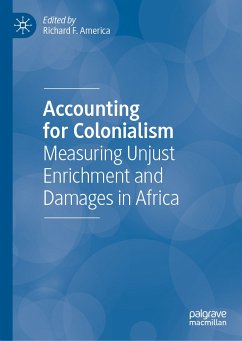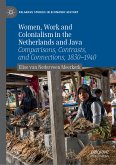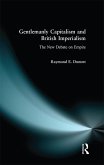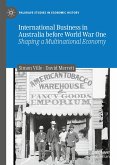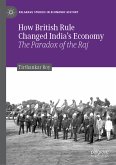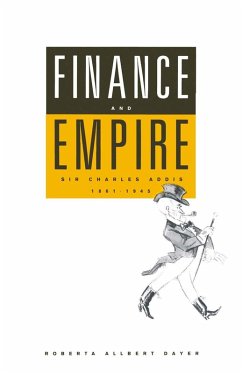The book provides estimates that will be helpful to understanding the growing debate on "reparations." This also contributes to rethinking international development assistance policy. It helps establish a basis for improved estimates of the gains from past and current practices that worked against African economic, social, and political institutions and systems.
This edited volume showcases a variety of scholars with diverse perspectives andestablishes, for the first time, the extent of wrongful benefits and damages from 600 years of international harm to the African continent.
Richard F. America is Professor of Practice Emeritus in the McDonough School of Business at Georgetown University, where he taught courses on community reinvestment and investing in Africa. He is the author of numerous books and scholarly articles. His seminal article, "What Do You People Want?" (Harvard Business Review, 1969), helped set the stage for the ongoing discussion of a form of reparations in the United States. His work in Africa has focused on improving management education, strengthening business schools, and expanding manufacturing as well as community economic development.
Dieser Download kann aus rechtlichen Gründen nur mit Rechnungsadresse in A, B, BG, CY, CZ, D, DK, EW, E, FIN, F, GR, HR, H, IRL, I, LT, L, LR, M, NL, PL, P, R, S, SLO, SK ausgeliefert werden.

